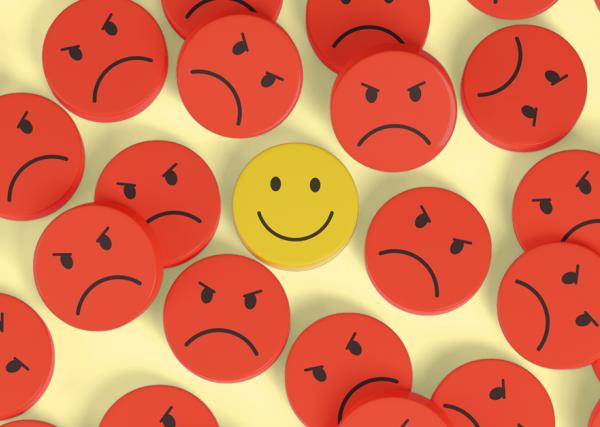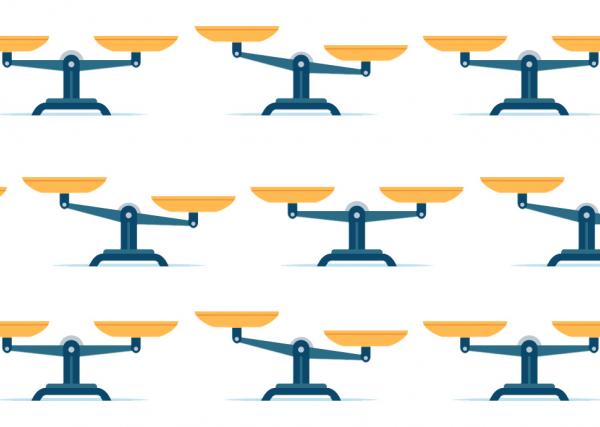a message to America’s moms: stop suffering in silence.
from Dr. Shakira Espada-Campos, MDLIVE Behavioral Health Medical Director.
With all the turmoil and uncertainty of the past two years, it’s no wonder that America’s moms are experiencing increased levels of anxiety, frustration, and exhaustion from the daily grind of being a parent. In a recent national survey of 2,000 mothers, more than one in three moms feel stressed or overwhelmed by parental responsibilities at least five days a week.1
Even with the recent spotlight on the mental health crisis in the U.S., fewer than one in four moms we surveyed say they are currently receiving professional mental health support mainly due to either lack of time or concerns about stigma.
While it’s not surprising that moms are feeling burned out, what is surprising, and concerning, is that they aren’t speaking up or seeking help. According to our survey:
- More than 70% of moms admit to holding back their feelings and not telling their partner or family when they are stressed.
- Nearly 61% feel that they have no one to turn to or confide in for help.
- Three-quarters agree that they do not take enough time to relax and destress, which is not surprising, as more than two-thirds admit they feel guilty when they take time for themselves.
- 1MDLIVE national survey of 2,000 moms. April 5 -11, 2022.
If your emotional state interferes with your daily life, talking with an MDLIVE licensed therapist can help you learn how to take time for yourself, manage stress, and get back to living the life you love. Have your first therapy appointment in as little as five days.
The bottom line is that America’s moms are suffering in silence.
Sadly, managing their own mental health has become a source of stress for moms. For more than 37% of moms who participated in our survey, concern about their mental health is among their biggest stressors, second only to finances (40%).
What can moms do to manage high levels of stress and anxiety? As a licensed therapist and a mom, I offer this advice:
Many health plans and employers have expanded mental health resources to their members and employers. These may include everything from convenient telehealth appointments with mental health professionals to apps and other digital tools that can help track feelings, support meditation, help build life skills, and provide tips for reducing stress and practicing self-care.
Although it’s natural to feel like you need to be a superhero, it takes a toll. You should never feel like you’re alone in your mental health journey or that you need to suffer in silence.
Have your first therapy appointment in as little as five days. Get back to feeling your best with care from an MDLIVE mental health professional for issues including:
- Addictions
- Anxiety
- Depression
- Grief & Loss
- Life Changes
- Panic Disorders
- Parenting Support
- Relationship Issues
- Stress Management
- And more
Posted date: July 08, 2022




